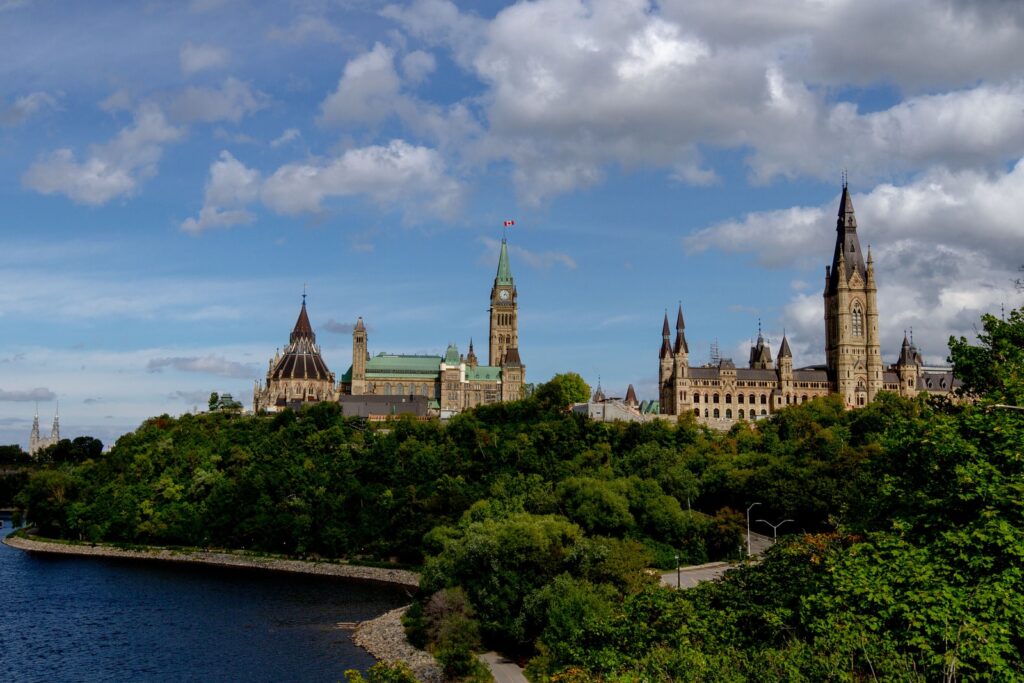
Craig Forcese
Professor
Craig Forcese is a full professor at the University of Ottawa’s Faculty of Law, Common Law Section, where he also serves as the Vice Dean for Graduate Studies in Law. Mr. Forcese teaches public international law, national security law, administrative law, and constitutional law. He also teaches advanced international law and relations at the Norman Paterson School of International Affairs. From 2011 to 2014, he served as Vice Dean of the Juris Doctor program in the Common Law Section at the University of Ottawa. Prior to joining the law school faculty, he practiced law with the Washington D.C. office of Hughes Hubbard & Reed LLP for two years, specializing in international trade and commercial law. Mr. Forcese is a member in good standing of the bars of Ontario, New York, and the District of Columbia.
Mr. Forcese earned a Master of Laws from Yale University, after graduating summa cum laude from the University of Ottawa with a Bachelor of Laws (LL.B.). Mr. Forcese also holds a Bachelor of Arts Joint Honours in Anthropology and Geography from McGill University, and a Master of Arts in International Affairs from the Norman Paterson School of International Affairs at Carleton University.
Since 2017, Mr. Forcese has served as an Adjunct Research Professor and Senior Fellow at Carleton University’s Norman Paterson School of International Affairs, as well as a National Security Crisis Law Fellow for the Center on National Security and the Law at Georgetown Law in Washington D.C.
Mr. Forcese is a senior research affiliate at the Canadian Network for Research on Terrorism, Security and Society, and is a board member and past president of the Canadian Council on International Law and a past president of the Canadian Association of Law Teachers.
Mr. Forcese’s research focuses on national security, international, and public law. He has appeared before a number of parliamentary committees, and participated in litigation related to national security. He has published books and law review articles on the use of force in international law, state immunity, extraterritorial law and the regulation of transnational corporations, international trade law, diplomatic protection of aliens, and international law and national security matters.










